Phipps Conservatory Announces 2022 Botany in Action Fellows
For Immediate Release: Fri., April 29
Contact: Joe Reed | Director of Marketing and Communications
412-622-6915, ext. 3801 | jreed@phipps.conservatory.org
Phipps Conservatory Announces 2022 Botany in Action Fellows
8 New and Returning Scientists Comprise Plant-Focused Fellowship Program
Pittsburgh, PA – Phipps Conservatory and Botanical Gardens is pleased to announce the 2022 Botany in Action fellows. This group includes scientists stationed in locales from Pittsburgh to Hawai’i, exploring topics from forest restoration to green infrastructure to traditional ecological knowledge. Underwritten in part by The Garden Club of Allegheny County, the Botany in Action Fellowship program will support their work through research grants and science communication training.
Current fellows and their research topics follow:
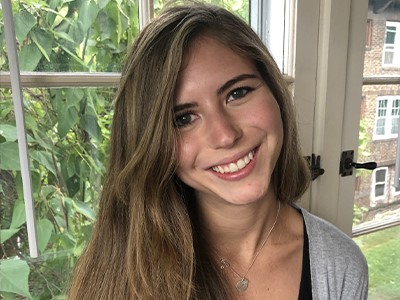
Veronica (Vero) Iriart, University of Pittsburgh (Pennsylvania)
Will Herbicide Pollution Cost Plants Their Mutualisms with Pollinators and Soil Bacteria?
Advisor: Dr. Tia-Lynn Ashman
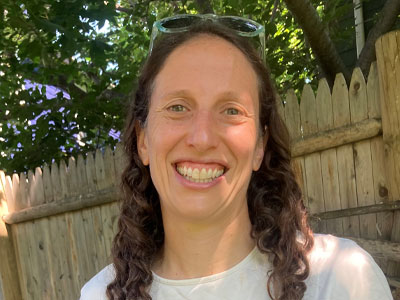
Sarah Klionsky, University of Connecticut (Connecticut)
Influence of Plant Community Traits and Microtopography on Nitrogen Removal in Restored Wetlands on Former Cranberry Bogs
Advisor: Dr. Beth Lawrence
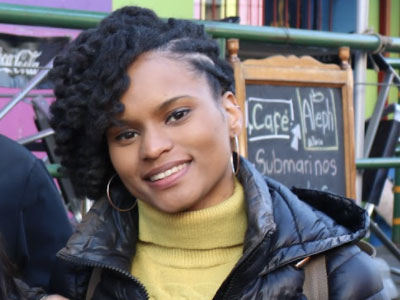
Haley Lewis, Northwestern University (Illinois)
Green is the New Grey: Designing Green infrastructure Networks to Improve Stormwater Management and Enhance Biodiversity
Advisor: Dr. Kimberly Gray
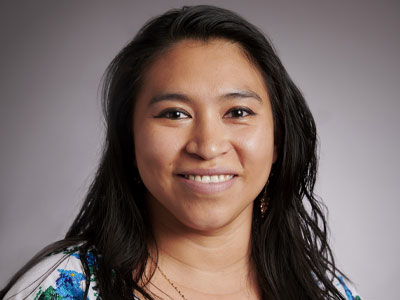
Florencia Geyanira Pech-Cardénas, University of Minnesota (Minnesota)
Handicraft Production Influences on Gender, Livelihoods and Natural Resources Management in Maya Communities: TEK of Chakaj (Bursera simaruba) and Forest Governance
Advisors: Dr. Kristen C. Nelson, Professor, H.T. Morse Distinguished Faculty, University of Minnesota, and Dr. Mike Dockry, Assistant Professor, University of Minnesota
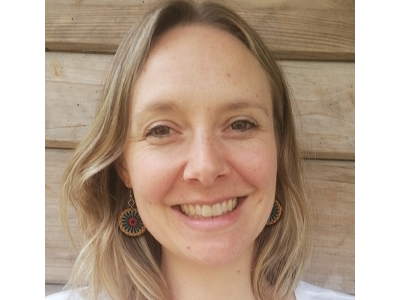
Amanda Thiel, Washington State University (Washington)
Medical Botanical Knowledge Conservation amidst Globalizing Forces in Mayan Communities of Southern Mexico
Advisor: Dr. Marsha Bogar Quinlan
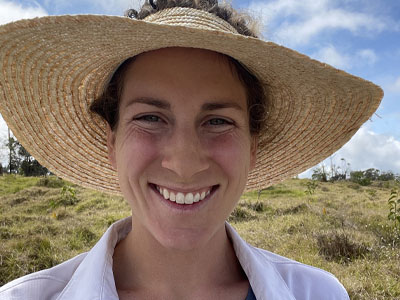
Emily C. Thyroff, University of Hawai‘i at Mānoa (Hawaii)
A Key to Restoring Threatened Hawaiian Dry Forests Resides with the Endemic Santalum Species
Advisor: Dr. Travis W. Idol
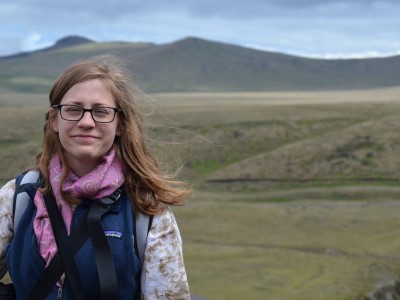
Alexa S. Wagner, Case Western Reserve University (Ohio)
Understanding the Impacts of Forest Restoration on Demographic Shifts in the Understory Plant Community
Advisor: Dr. Katharine L. Stuble
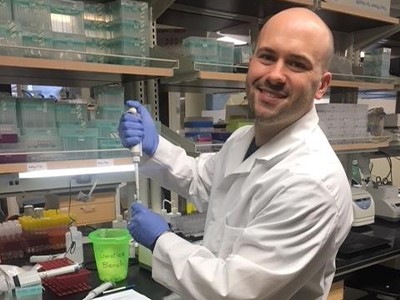
Taylor Zallek, University of Pittsburgh (Pennsylvania)
Understanding How Populations of the Aquatic Plant Lemna minor Evolve in Response to Iron Pollution from Abandoned Mine Drainage Near Pittsburgh, Pennsylvania
Advisor: Dr. Martin Turcotte
Since its inception, The Botany in Action Fellowship at Phipps Conservatory and Botanical Gardens has aided 70 doctoral-level students representing 32 universities and working in 28 countries. Beyond their field work, fellows' accomplishments include mentorship of other students; the creation of a botanical field guide, a photography website and various teaching modules; and outreach devoted to making science more accessible to the public.
For more information about Botany in Action, visit phipps.conservatory.org/BIA.
###
About Phipps: Founded in 1893, Phipps Conservatory and Botanical Gardens in Pittsburgh, PA is a globally recognized green leader with a mission to inspire and educate all with the beauty and importance of plants; to advance sustainability and promote human and environmental well-being through action and research; and to celebrate its historic glasshouse. Encompassing 15 acres including a historic 14-room glasshouse, 23 distinct indoor and outdoor gardens and industry-leading sustainable architecture and operations, Phipps attracts more than half a million visitors annually from around the world. Learn more at phipps.conservatory.org.
Watch TEDx: What We Can Learn From an Old Glasshouse: A look at the evolving way we connect people to nature at Phipps, demonstrate how human and environmental health are inextricably connected, and show that to age gracefully, we must continually reinvent ourselves to evolve with the rest of the world.


